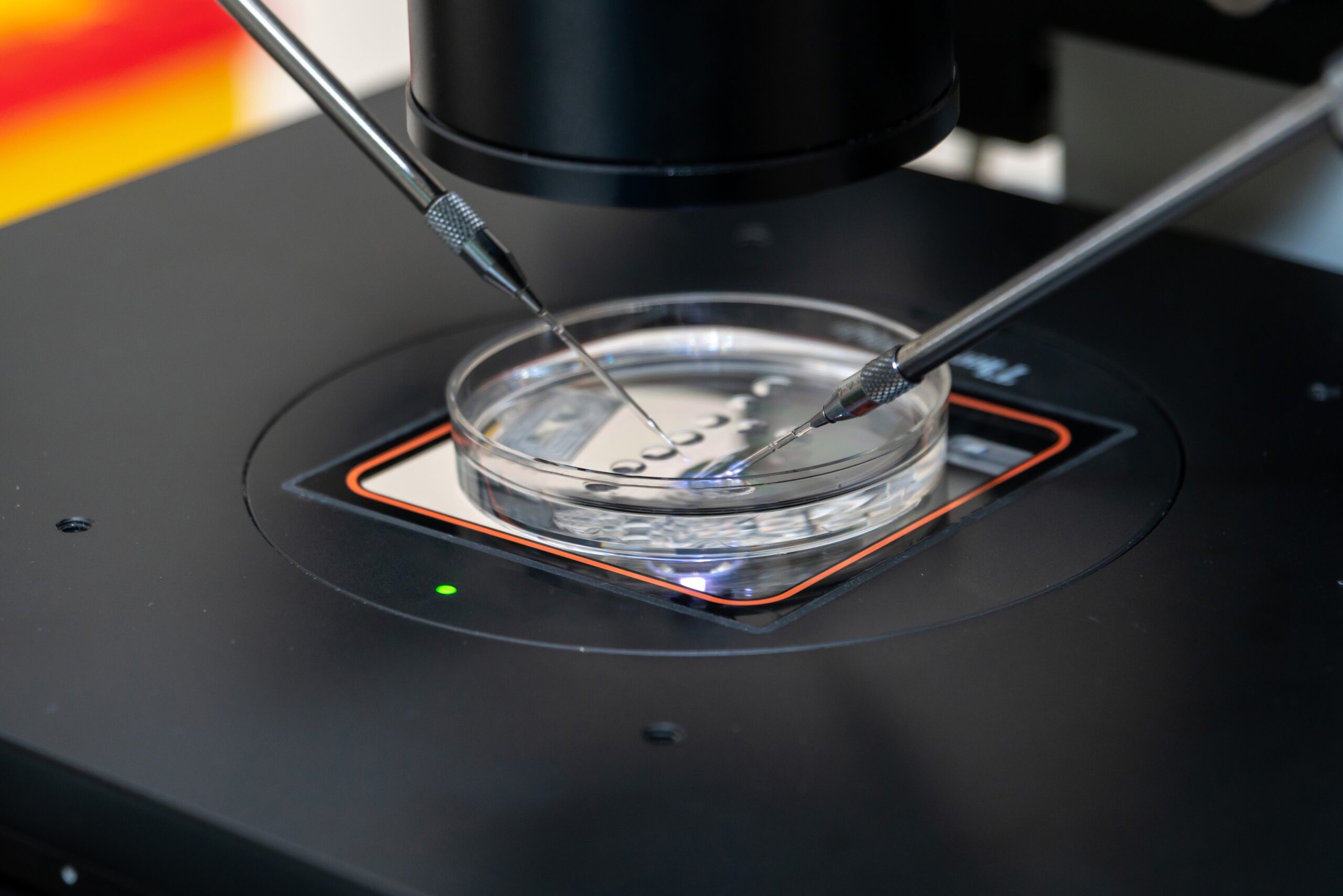In a recent filing with the U.S. Judicial Panel on Multidistrict Litigation (JPML), fertility technology company CooperSurgical argued that lawsuits alleging their IVF global culture media destroyed embryos should not be consolidated into a single multidistrict litigation (MDL) proceeding. The company stated that the “discovery and pretrial proceedings in this litigation will focus on each individual patient (both female and male) and each individual fertility clinic with little overlap, if any, among the cases.” According to reports, CooperSurgical believes the IVF solution claims brought against the company are highly individualized, requiring separate inquiries and legal proceedings.
CooperSurgical’s Argument Against Consolidated Litigation
CooperSurgical’s stance on creating an IVF solution MDL underscores the complex and personalized nature of the IVF process. Each patient’s IVF experience, the specific fertility clinic involved, and the unique circumstances surrounding the alleged embryo loss are crucial factors that the company believes should be examined independently.
By arguing against consolidated litigation, CooperSurgical is likely seeking to minimize the potential for a class-action-like scenario, where the claims of multiple plaintiffs are combined. This strategy could help the company manage the litigation process more effectively, as it would require the plaintiffs to present their claims individually, potentially making it more challenging to establish a cohesive narrative or set of common facts that could support a consolidated approach.
Alleged Issues with CooperSurgical’s IVF Culture Media
The lawsuits filed against CooperSurgical allege that the company’s IVF culture media solution lacked essential nutrients and critical elements necessary for supporting embryonic growth. Notably, the lawsuits claim that CooperSurgical’s IVF solution was missing magnesium, a key component crucial for the proper development of embryos during the IVF process. The alleged absence of this and potentially other critical elements in the company’s culture media is at the heart of the legal claims against CooperSurgical. Plaintiffs claim that this deficiency led to the impairment of embryo development and the ultimate destruction of their hopes for having biological children.
The recalled lots of CooperSurgical’s defective culture media were distributed to fertility clinics in more than 30 states and over 20 countries. This widespread distribution has significantly increased the number of individuals and couples potentially affected by the alleged issues with the IVF solution.
Devastating Consequences for Couples Affected by CooperSurgical’s IVF Solution Recall
The alleged loss of embryos due to the use of CooperSurgical’s faulty IVF solution has had a profound impact on the lives of the affected couples, many of whom have endured immense emotional turmoil as a result of losing their embryos. The CooperSurgical IVF solution lawsuits aim to seek compensation for the emotional suffering and trauma experienced by these individuals.
Affected couples have also faced significant financial challenges. IVF treatments are notoriously expensive, and the couples who have lost their embryos due to CooperSurgical’s defective solution have been left with the burden of potentially having to undergo additional fertility treatments to achieve their goal of having a child. The lawsuits seek to recover these medical expenses and other financial losses.
Perhaps the most devastating consequence of the CooperSurgical IVF solution recall is the loss of the couples’ chance to have biological children. The IVF process represents a significant investment of time, resources, and hope for these individuals, and in many cases, the destruction of their embryos has shattered their dreams of starting a family.
Holding CooperSurgical Accountable for Embryo Loss
The lawsuits against CooperSurgical highlight the need to hold the medical technology company accountable for the alleged harm caused by its faulty IVF solution. The allegations suggest that CooperSurgical may have failed to conduct thorough testing and quality control measures on its IVF solution, potentially putting the health and well-being of patients at risk. The legal proceedings aim to hold the company accountable for these alleged lapses and to compel it to implement more rigorous safety protocols in the future. The lawsuits also aim to provide affected individuals with the resources they need to cope with the aftermath of the CooperSurgical IVF solution recall and to potentially pursue alternative fertility treatments.
CooperSurgical IVF Solution Lawsuit Information
CooperSurgical IVF Solution Recall, Leading Justice
Class 2 Device Recall global Medium, FDA




